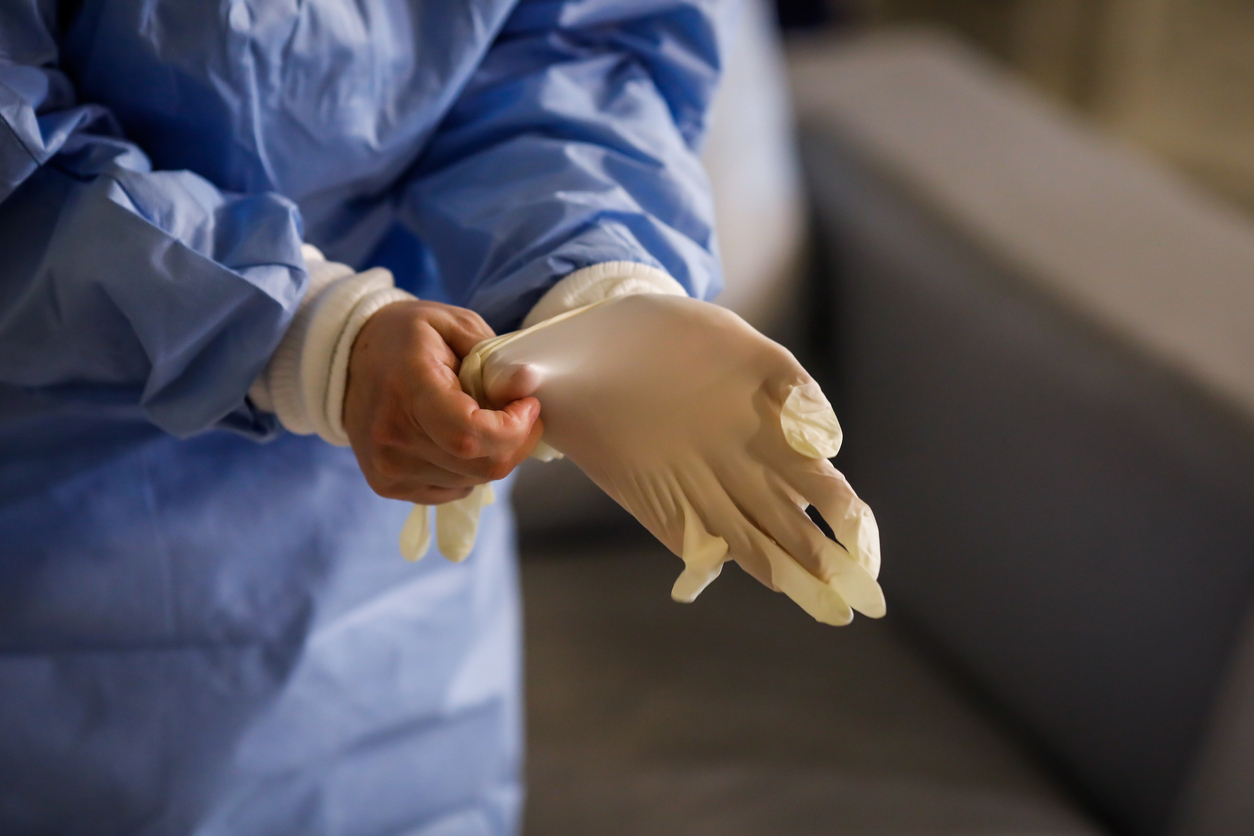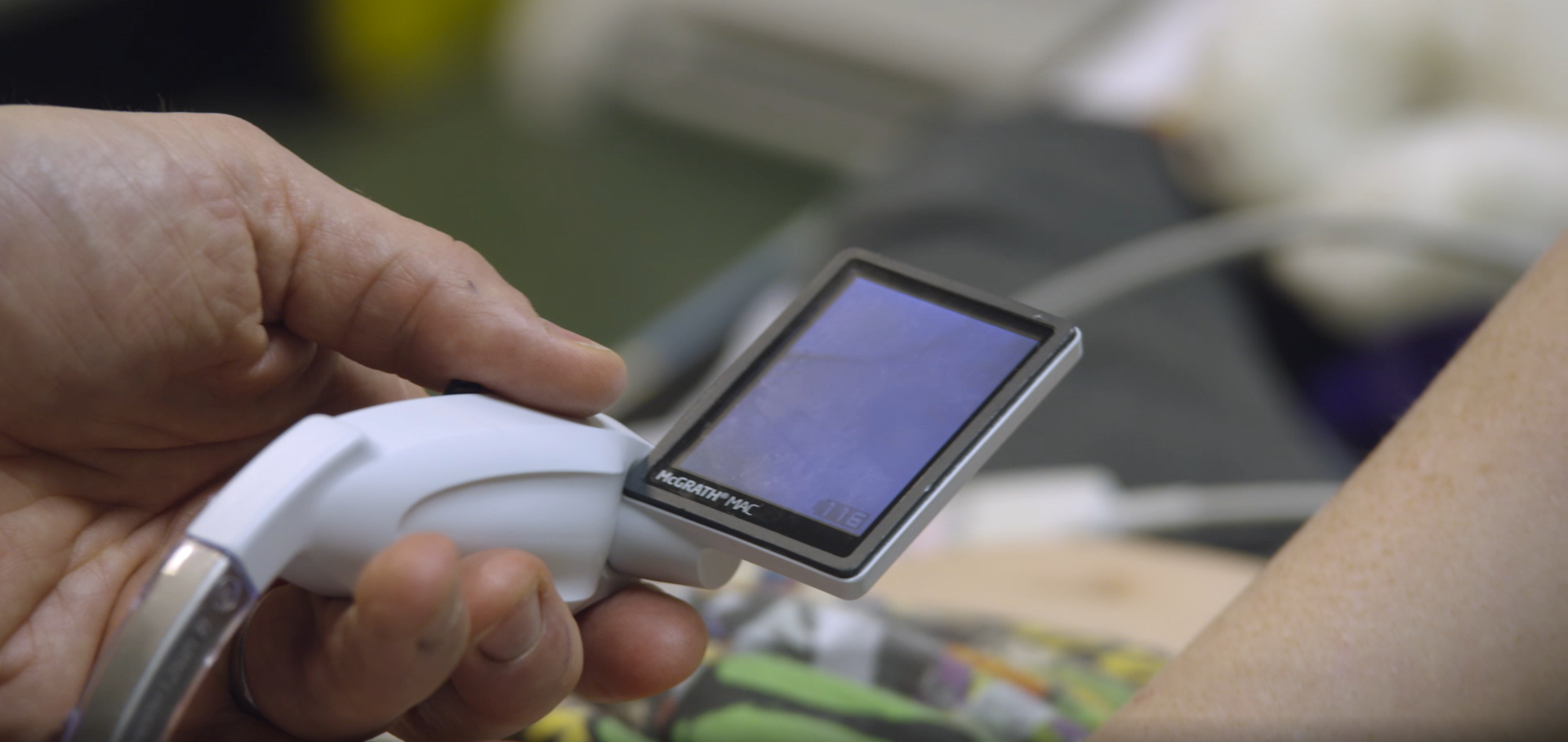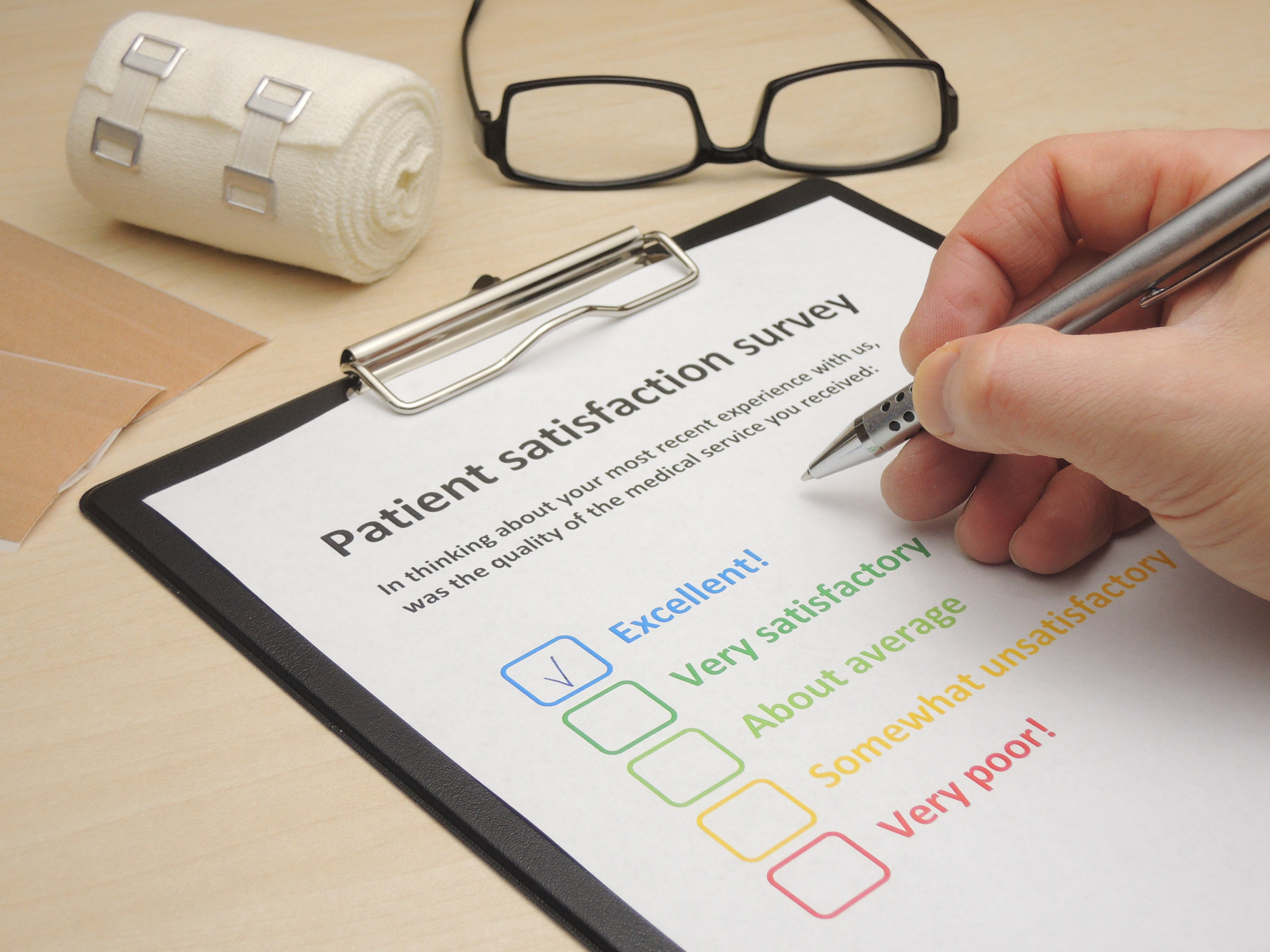Ambulatory Surgery Centers are increasingly handling complex procedures, partly because patients are shopping around for the best options for elective procedures. With the rise in the complexity of specific procedures like total joint replacements, ASCs must ensure they provide exceptional care in line with the often lengthy and challenging procedures they perform. If your ASC has recently added more complex procedures to the surgeries it offers, now is the time to upgrade your ASC technology to meet your patients' needs and provide the best possible care.
Want to stay in the know on the latest ASC tips and topics?
Recent Posts
Looking for Something?
Categories
- ASC (82)
- ambulatory surgery center (82)
- video (36)
- nurse guide (29)
- patient communication (27)
- patient satisfaction (27)
- covid19 (26)
- surgical facility (25)
- business and finance (22)
- technology (22)
- patient engagement (19)
- ambulatory software (18)
- pre-admissions (16)
- Case Study (14)
- ambulatory surgery center software (11)
- outpatient surgery (11)
- culture of safety (10)
- complex cases (8)
- or volume (8)
- administrator (7)
- employee satisfaction (7)
- infection control (7)
- outpatient surgery software (7)
- risk management (7)
- solutions (7)
- cardiac (6)
- disinfect (6)
- patient tracking (6)
- postop (6)
- total joint (6)
- document management (5)
- implementation (5)
- patient survey (5)
- surgery scheduling (5)
- ASC Everyday Heroes (4)
- hiring (4)
- job security (4)
- payment plan (4)
- preop (4)
- scheduling (4)
- security (4)
- surgery center (4)
- women in healthcare (4)
- ASC booking (3)
- CMS (3)
- CMS requirements (3)
- Derek's Corner (3)
- best practices (3)
- data integration (3)
- everyday heroes (3)
- outpatient surgery center (3)
- patient registration (3)
- preop nurse (3)
- revenue (3)
- senior patients (3)
- specialty procedures (3)
- texting (3)
- vendor management (3)
- ASC quality reporting (2)
- Accreditation (2)
- GI (2)
- ambulatory surgery center surveys (2)
- burnout (2)
- cancellations (2)
- clinical (2)
- cost (2)
- digital chart storage (2)
- healthcare consumerism (2)
- hygiene (2)
- new hire (2)
- patient charts (2)
- patient risk (2)
- payments (2)
- screening (2)
- sleep study (2)
- time management (2)
- 2021 (1)
- 4 tips (1)
- Accredited (1)
- Billing (1)
- ERAS (1)
- One Mnet Health (1)
- SaaS (1)
- capnography (1)
- certfication (1)
- colonoscopy (1)
- conscious sedation (1)
- corona virus (1)
- customer spotlight (1)
- diagnosis (1)
- elderly patients (1)
- endo (1)
- intubation (1)
- laryngoscopy (1)
- marketing (1)
- obesity (1)
- online pre-admissions (1)
- outsourcing (1)
- patient (1)
- patient finance (1)
- patient satifaction (1)
- payment (1)
- personalized care (1)
- physician offices (1)
- pricing (1)
- recovery (1)
- sleep apnea (1)
- staff burden (1)
- staffing shortage (1)
- surgery center management software (1)
- top 12 (1)
- vendor communication (1)
- vendors (1)
With the COVID-19 pandemic evolving daily, the Ambulatory Surgery Center Association (ASCA) has released a list of scenarios in which ASCs can be activated to handle surgical overflow. We’ve summarized the ASCA’s list of options for how ASCs can assist with surge capacity.
First things first: I have ZERO, ZIP, NADA relationship with McGrath.
Quality reporting is a crucial strategy for improving your ASC's efficiency while ensuring patient safety. However, increasing OR volumes and CMS survey requirements mean that quality reporting can easily consume many extra hours. Here’s how you can improve without bankrupting your most precious resource—time.
As a nation, we are over-surveyed and it is killing the value of surveys to give meaningful, actionable intelligence on how to make things better.
Patient surveys are crucial tools for assessing patient satisfaction. And research has shown that 86% of patients find experience surveys valuable. But many facilities have low response rates. What gives? Why aren’t patients filling out the surveys? And how can you improve your ASC’s patient survey response rate?
Stephen Punzak, MD, founder and CEO of One Medical Passport, spoke to Becker's ASC Review about the shift of more complex surgeries to the outpatient setting and how ASCs can use technology to enhance patient preparation and recovery.









